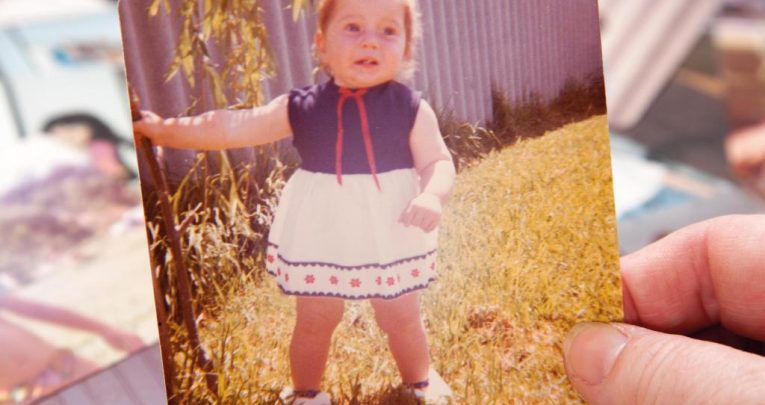Help Children use Real-Life Experiences to Write from the Heart

The winning goal, a holiday disaster, grandma’s silver earrings – our life experiences are a rich source of writing inspiration, says Teresa Cremin…

We are all storytellers and story makers. We make sense of our lives by telling ourselves stories of our past and possible futures, of who we are and might become.
Writing too can be a form of identity exploration, an opportunity to reflect on life experience, to look forwards and back and make sense of the world.
In the Teachers as Writers research which Debra Myhill (Exeter University) and I undertook with Arvon (a creative writing foundation) we were reminded of the highly personal nature of much writing.
Threaded through our data from the Arvon residential, where teachers had time and space to write alongside professional writers, we saw a strong sense of ‘writing from the heart’.
The 16 teachers were frequently invited to look back and remember and to lean on their lives as a rich resource for writing.
In the daily workshops they often shared tales and wrote about incidents from childhood, old school-friends, significant pieces of clothing and rich descriptions of settings based on their parents’ or grandparents’ homes.
I wonder though, do we offer our young writers enough opportunities to ‘write from the heart’? Do we grant them explicit permission to draw on their lives, or do we imply that each and every character, setting and plot needs to be invented anew? Perhaps we also let literature drive their writing too often?
In free writing workshops, prompted perhaps by an opening line, a visual or an object, children and teachers can explore their thinking on paper, building from and linking to both lived and vicarious experience.
Whilst a space for free writing, or ‘Just Writing’ as the teachers called it, is not an end in itself, it is a rich space for writing from the heart.
Memories and ideas triggered in this time can be revisited and serve as a resource for later compositions; clay that can be remoulded and reshaped according to the author’s emerging intentions.
Given choice, children often use writing to reflect upon people and events that are important to them.
Such writing may be semi-autobiographical, but as Berlie Doherty observed many years ago “fiction is a combination of I remember and let’s pretend”.
Children can also fictionalise their life experiences, using observation and memory for instance to create vivid characters reminiscent of family members; evoke scenes set in places they know; or capture the emotional temperature of a fictional event by drawing on remembered feelings.
Professional writers frequently draw on their reservoirs of life experience to enrich their writing; many draw very directly on their childhood memories and a sense of place (David Almond and Michael Morpurgo both come to mind).
Others draw on their personal fascinations and interests, for example in insects (MG Leonard), history (Emma Carroll) or nature (Nicola Davies).
Younger authors can do likewise and be apprenticed to this club. If you want to nurture more ‘writing from the heart’ in your class and foster increased choice in content and form, you may want to explore some of the following prompts that lean on life.
- Personal tales – commencing with a teacher anecdote and using story titles, children can swap stories in a Story Buzz.
In all such writing, the young author’s choice is key. Encouraging children to lean on life directly in their writing is energising and motivating; life events offer a natural writing frame which frees them to write with voice and verve.
Using their experiences indirectly to connect to what they know and care about also enriches writing. Both supports help children come to realise that their lives, interests and concerns count, and that they can explore these through ‘writing from the heart’.
Teresa Cremin is Professor of Education (Literacy) at The Open University. To read more about the Teachers as Writers research and the current project The Craft of Writing see teachersaswriters.org. Browse more creative writing prompts.











